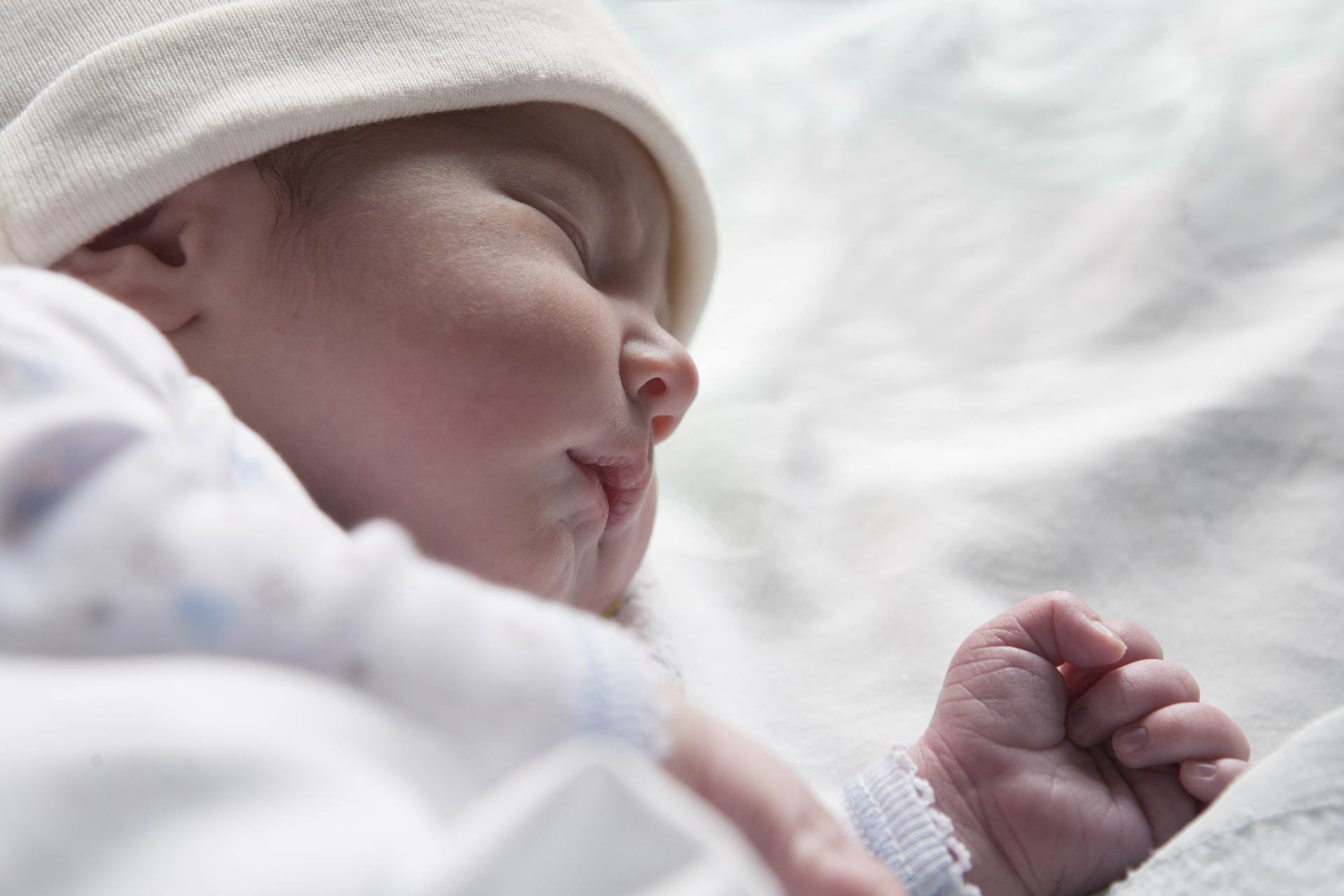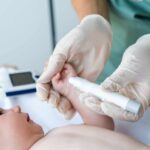[toc]
What is already known on this topic
Type 1 diabetes is a chronic condition in which the pancreas produces little or no insulin. The condition’s triggers remain unclear, but the immune system may contribute to its development. Several studies in mice have shown that disrupting the gut microbiota during early-life could change the interplay between gut microbes and the immune system, potentially leading to an increased risk of developing type 1 diabetes.
What this research adds
Researchers used antibiotics to deplete the microbiota of newborn mice at risk of type 1 diabetes. Then, half of the mice received a fecal microbiota transplant from their mother. Animals that received the fecal transplant had a reduced risk of developing diabetes compared to those that didn’t receive the transplant. Fecal transplants appeared to restore the expression of several genes involved in metabolic pathways connected to diabetes risk.
Conclusions
The findings suggest that the transfer of gut microbes from a mother to her offspring could reduce the damage that antibiotics cause to the development of a newborn’s microbiota.
Type 1 diabetes, a chronic condition in which the pancreas produces little or no insulin, is the most common autoimmune disease in childhood. Now, a study in mice shows that newborns at risk for the condition may benefit from a maternal fecal transplant.
The findings, published in Cell Host & Microbe, suggest that the transfer of gut microbes from a mother to her offspring could reduce the damage that antibiotics cause to the development of a newborn’s microbiota.
The triggers of type 1 diabetes remain unclear, but the immune system may contribute to its development. Several studies in mice have shown that disrupting the gut microbiota during early-life could change the interplay between gut microbes and the immune system, potentially leading to an increased risk of developing type 1 diabetes. What’s more, prior research has shown that the microbiota of mice at risk of developing type 1 diabetes plays an important role in modulating the animals’ diabetes risk.
“Our previous work has shown that exposing young animals to antibiotics perturbs the microbiome, which may change age-associated immunity and organ-specific inflammation, increasing risk of immune-mediated diseases,” says study co-author Martin Blaser at Rutgers University.
To assess whether it could be possible to restore the microbiota of mice at risk of type 1 diabetes, researchers led by Blaser and Xue-Song Zhang tested the efficacy of maternal fecal transplant — a technique through which gut bacteria are transferred from a mother to her offspring.
Reducing diabetes risk
First, the researchers fed antibiotics to newborn mice, thus depleting the animals’ microbiota. Then, half of the mice received a fecal microbiota transplant from their mother.
Animals that received the fecal transplant had a reduced risk of developing diabetes compared to those that didn’t receive the transplant. Fecal transplants appeared to restore the expression of several genes involved in metabolic pathways connected to diabetes risk.
“The mice that were exposed to antibiotics had the expression of indicator genes in their intestinal wall that were either too high or too low, but the transplant brought that back almost to the original levels and restored metabolic pathways,” Zhang says. “We were able to identify groups of genes that returned to normal after the transplant as if the mice had never received the antibiotics.”
Restoring microbiota
Bacteria such as Oscillospira, Lactobacillus, and Clostridiales were depleted by antibiotic treatment but restored after fecal transplant, the researchers found. Further experiments showed that the microbiota from mothers on the day of birth was the most effective at normalizing the microbiota of the pups that had been treated with antibiotics. “This is consistent with the evidence that at birth, mothers pass a comprehensive microbiota to their offspring,” the researchers say.
Future studies will have to identify the factors and the specific bacteria that could protect newborns from developing diabetes later in life. However, the new study highlights the importance of early-life events in the gut for determining conditions that may occur into adult life.
The ability to decrease diabetes risk through maternal fecal transplants also has important implications, the researchers say. “The availability of functional restoration permits more focused exploration of [type 1 diabetes] pathogenesis, the broader biological issue of the crucial interface between early-life microbiota and host immunological and metabolic development, and points to approaches for remediation,” they add.











